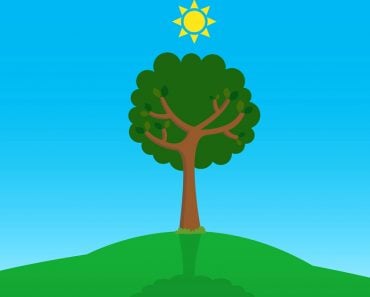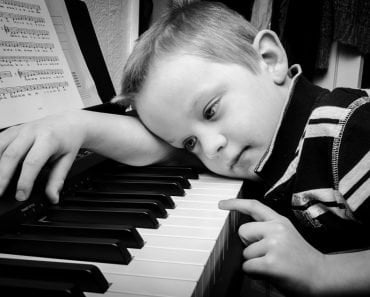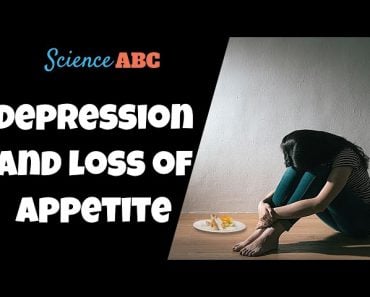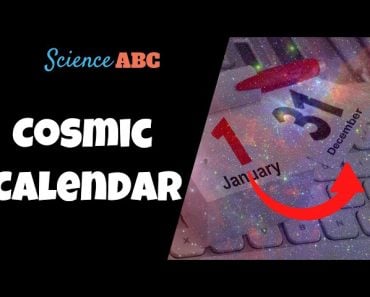Table of Contents (click to expand)
Possibly. In 2004, psychologist Chris Arnall tried to calculate the saddest day of the year. Turns out, those calculations have less to do with any legitimate science, and more to do with marketing. However, individuals do suffer from Seasonal Affective Disorder, which occurs due to changes in the season.
It’s the dawn of a new year and the third week of January is on the horizon.
If you live somewhere in the northern hemisphere, say Cardiff in Wales or even Copenhagen in Denmark, it is numbingly cold. You’re about to enter the tail end of the winter season. You find yourself feeling low and switch on the TV or read the paper to try and cheer yourself up. Imagine your surprise when you find a psychologist broadcasting claims of the supposedly ominous “Saddest day of the year”. Well, this is precisely what happened in 2004.
Chris Arnall, a psychologist, posited that the third Monday of January was the saddest day of the year—every year. What made him come up with this… and was he right?
Recommended Video for you:
Why Is The Beginning Of The New Year So Terrible?
Typically, the new year signifies new beginnings. It also gives us a chance to leave the woes of the past year behind. All in all, it should evoke a sense of joy in us.
Yet, this doesn’t seem to be the case.
People all over the world report that they’re most likely to feel sad, unmotivated, tired, or even depressed during this early part of each new year.
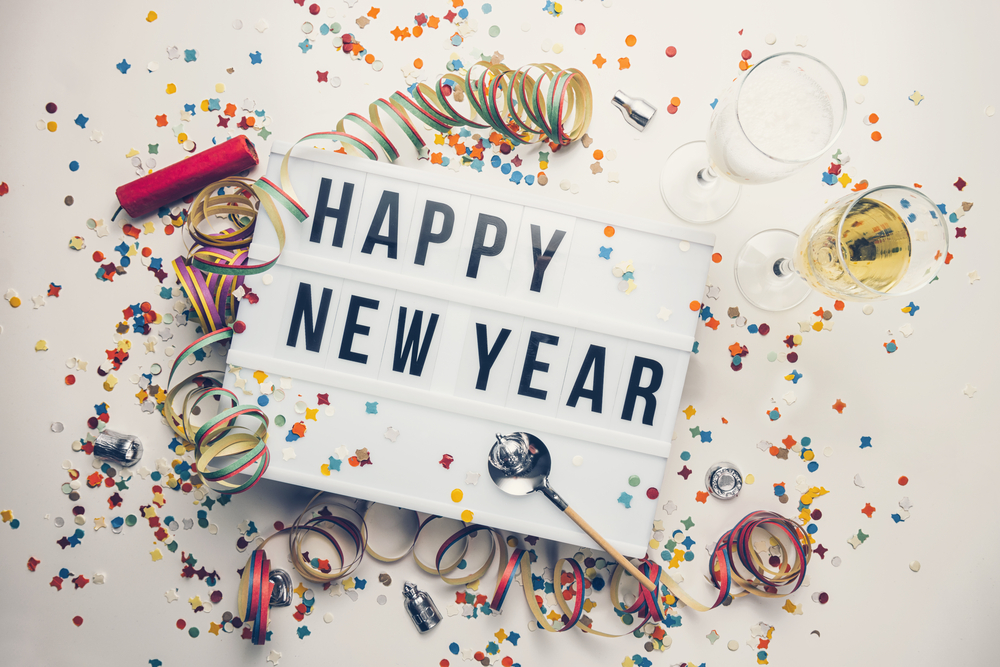
January, in particular, is a terrible month for many folks. People generally group all the terribleness they experience in this month under one term—the “January Blues”. It is, in fact, a genuine phenomenon. Much of what causes the “January Blues” can be attributed to something known as Seasonal Affective Disorder.
What Is Seasonal Affective Disorder?
Seasonal Affective Disorder (SAD) is a type of depression that’s generally triggered by the timely change of seasons. The one that usually gets to most people is “the winter blues,” which occurs late in winter, mainly in January. This is because, for most countries in the northern hemisphere, January is the coldest month of the year.
SAD isn’t restricted to feeling unfulfilled or fatigued. Some people also suffer from intense anxiety or indulge in socially isolating behaviors. For many people, the winter months invoke some of their worst moments of the year.

However, it’s important to remember that SAD isn’t just limited to winter triggers; a rarer type of SAD, known as “the summer blues,” is also known to occur.
So, upon noticing that people often suffered the worst symptoms of seasonal depression in January, psychologist Cliff Arnall came up with an idea. His plan was to use a formula to try and isolate, based on seven factors, the saddest day of the year.
Using factors like weather, low motivation, time passed since Christmas (seriously), and estimated time passed since the failure of new year’s resolutions, he identified the third Monday of January as the saddest day of the year, every year. He called this day “Blue Monday”.
Was He Right?
Not at all. In fact, it’s all pseudoscientific humbug.
As it turns out, Arnall was contracted by a firm, Sky Travel (now defunct), to come up with an idea that would trick people into booking their summer vacation packages!
Arnall, in fact, calls his own “formulation” of Blue Monday a total rip-off. He urges his fellow Brits to refute the concept of a “Blue Monday”.
Essentially, it was a marketing gimmick to get people to buy more things.

In 2013, he went so far as to tell The Daily Telegraph, a newspaper in Britain, the following:
“I was originally asked to come up with what I thought was the best day to book a summer holiday, but when I started thinking about the motives for booking a holiday, reflecting on what thousands had told me during stress management or happiness workshops, there were these factors that pointed to the third Monday in January as being particularly depressing.”
It isn’t just Arnall himself who disputes his creation. Psychologist Dr. Joan Harvey also disagrees with the notion of a Blue Monday. She’s gone on record calling it a completely meaningless idea.
One of her main points of contention regards the weather. Harvey particularly contests the link between bad weather and mental health. Harvey tries to reason that any change in weather, be it good weather to bad or bad weather to good, can contribute to Seasonal Affective Disorder. What we have to identify as a trigger is simply any change in weather. Furthermore, she reasoned that trying to pin all the ugliness of seasonal depression on a single day was nothing short of “sensational nonsense”.
Research into the supposed phenomenon hasn’t found any evidence that people’s moods on Mondays are any different than their moods on any other day of the week.
A Final Word
Psychology and mental health shouldn’t be approached like meteorology.
Trying to predict supposedly sad days or angry days or happy days of the year does no one any good and besmirches the ethical practices of genuine scientists. So, while Blue Monday has been rightfully debunked as pseudoscience, seasonal depression is still a very, very real phenomenon. In fact, the “winter blues” and the “summer blues” are two faces of the seasonal depression coin. Both of these afflictions should be treated with the appropriate care and respect that they deserve. It is incredibly harmful to dump them in the category of the”post-Christmas lows” or “New Year’s resolution fails”.
Similarly, it is true that the majority of people do tend to be more triggered by the winter months than they do by the summer months. This doesn’t mean that SAD doesn’t get to people in the summer months either, as changes in weather happen in both directions!


